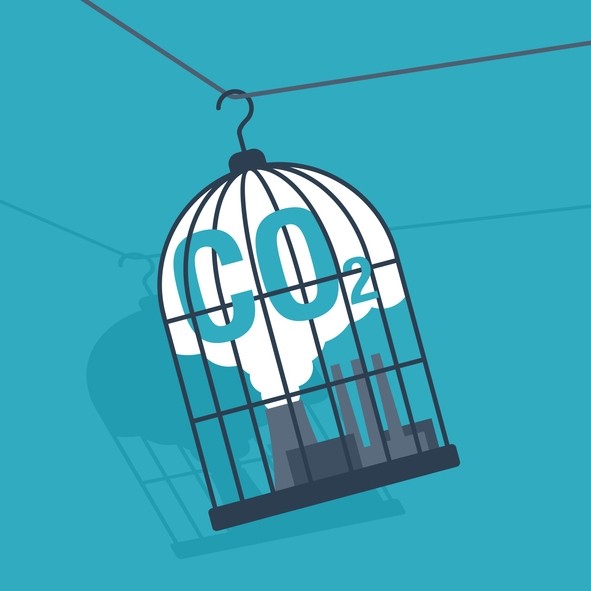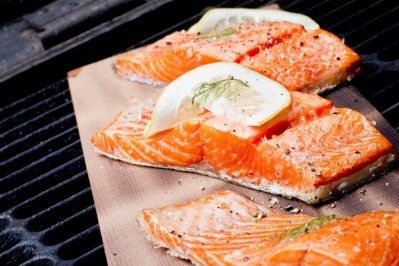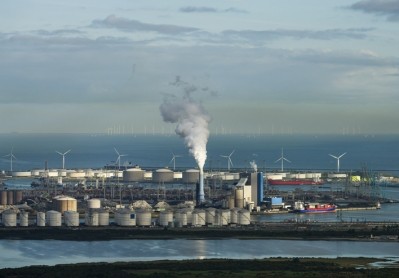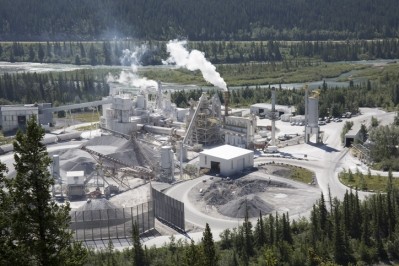Single-cell protein innovator secures funding to accelerate scale-up

The funding will be used to finance the Deep Blue C project - the next phase in the commercialization of its inaugural product - Proton - a single-cell protein for the feed industry.
“The project will conclude in April 2025, by which time we will have a full engineering specification for our next level scale-up unit, allowing us to grow quickly,” Deep Branch's vice president of commercial and sales, John Hays, told this publication.
In line with the objectives of the UK government’s Department for Business, Energy & Industrial Strategy Net Zero initiative, the project’s ambition is to accelerate deployment of its carbon-reducing technology, which is currently operating at a pilot scale.
“We will realize this in two ways,” said Hays. “Firstly, by creating the detailed design necessary for our technology to be deployed at the next scale, and secondly, by improving the product profile and process economics via microbiology.”
Finding the best microbe for the application
Deep Branch’s proprietary gas fermentation platform uses microbes to convert carbon dioxide into feed ingredients. Using the optimal microbe for the application improves the product and the process economics, as Hays explained.
“Nature offers an incredible array of biological diversity within which there are better and worse microbes for feed applications. Our strain development team is set up to screen and characterize microbes from the environment, searching for the optimal strain for a given feed application,” he said.
The engineering activity that will be undertaken within the scope of the project includes a feasibility study for the full-scale commercial unit and a prototype that will allow Deep Branch to rapidly test its control system.
“The engineering work aims to optimize the facility design, improve our downstream processing and lower the overall capital expenditure requirement per facility. All of this work is part of our journey towards commercializing our technology, which will enable low-CO2 products for our downstream partners,” said Hays.
BioMar partnership update
One of these commercial partners is Danish aquafeed processor BioMar, who in May, signed a long-term agreement with Deep Branch to jointly “redefine conventional aquaculture feed ingredients” and improve the aquaculture industry’s efficiency, profitability and sustainability.
The partnership’s initial focus is to optimize salmon feed using Deep Branch’s Proton single-cell protein.
To this end, Deep Branch said that Deep Blue C will result in a “significant increase in the production efficiencies of Proton."
“By reducing production costs as we scale, Proton will ensure a highly significant saving in carbon footprint for feed producers that switch from concentrated soybean meal or fishmeal, without an unjustifiable price premium,” said the company in a press release.
At the time of announcing the partnership, Deep Branch and BioMar said they would be conducting a wide range of nutritional assessments to test the performance and digestibility of the protein-rich ingredient for fish health and growth.
Asked what stage these assessments were at today, Hays replied: “Unfortunately our feed trials haven’t yet begun as we’re still in the final stages of completing our pilot unit, which will enable us to produce the volumes required to run the initial feed trials.”
Commercial production
Deep Branch's plan is that its first commercial production unit will go live in 2027, and that multiple additional Proton facilities will follow. The company said this will result in an anticipated 600,000 metric tons per annum global capacity by 2030, utilizing over one million metric tons of CO2 every year.
With salmon feed its “beachhead market”, the company said it looks forward to building as much sustainable feed volume as possible in collaboration with BioMar. However, Hays conceded that shifting 600,000 metric tons might be a “tall order” for that subset of the market and that the company would therefore need to explore additional markets.
“We’ve already initiated part of this work via our Innovate UK-funded REACT-FIRST project, where we’re simultaneously testing Proton in poultry feed applications alongside our partners at AB Agri UK and Nottingham Trent University,” said Hays.












